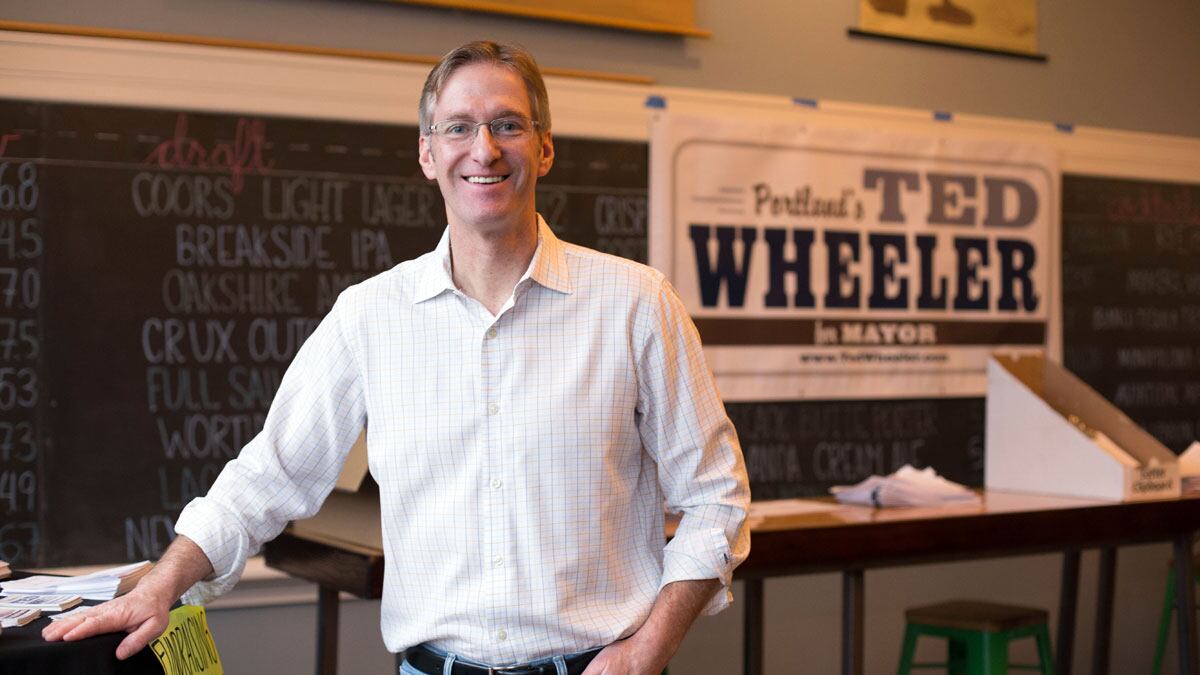Portland Mayor Ted Wheeler made a dramatic pledge on the campaign trail nearly two years ago: He promised to ensure that "every person living on Portland's streets has a safe place to sleep" by the end of 2018.
In Wheeler's first city budget, the city's investment in the city-county homelessness services agency increased slightly to $26.5 million. This year, Wheeler has alarmed advocates by saying the city couldn't keep forking over that much money.
WW asked Wheeler for an interview about the seeming contradiction. He bristled: "You're going to write an article that says I suck."
But he doubled down on his pledge to find safe places for homeless people, throwing his support behind not just increased shelter beds but, for the first time, an effort to add 2,000 more units of "supportive housing"—affordable units with extra supports for people facing addictions or mental health problems.
You pledged to make sure that "every person living on Portland's streets has a safe place to sleep" by the end of 2018. Will you keep that promise?
Yes, I think we can. Half of it was aspirational and half of it was specific numbers. At the time I made that pledge, it was Dec. 22 of 2015. It's hard to believe it was almost two years ago, but it was. At the time, I was asked how many beds is that exactly? I stated that it was probably between 1,000 and 1,500 additional beds. At the time, we had fewer than 800. I figured we'd need at least 1,800.
Does that mean you want more than 4,000 shelter beds in Portland, given the latest homeless count?
Listen, I'm not Superman. [But] I'm not going to back off of [the campaign pledge] at all. If there's one thing I've come to clearly understand, this isn't just about housing. We have, as a nation, a widespread addiction problem. If we're serious about addressing this homelessness issue, it's going to require more resources going towards permanent supportive housing and towards mental health and addiction services. In order to meet that need with the resources we have, there's going to be pressure between dollars that go to shelter versus dollars that go to prevention and housing.
How do you achieve that?
My belief is we need long-term sustainable funding that addresses not only the shelter piece but longer-term problems around addiction services and mental health services. And that will require a new source of dedicated revenues to be able to be successful.
What will next year's budget look like?
I'm not willing to commit to any number. I've learned a thing or two. People freaked out when they saw that I said that our current contributions weren't sustainable over the long term. I've never said I would pull back in this next budget. In the near term, I believe we will be able to make, maybe not dollar for dollar, but in the neighborhood of what we're currently investing.
